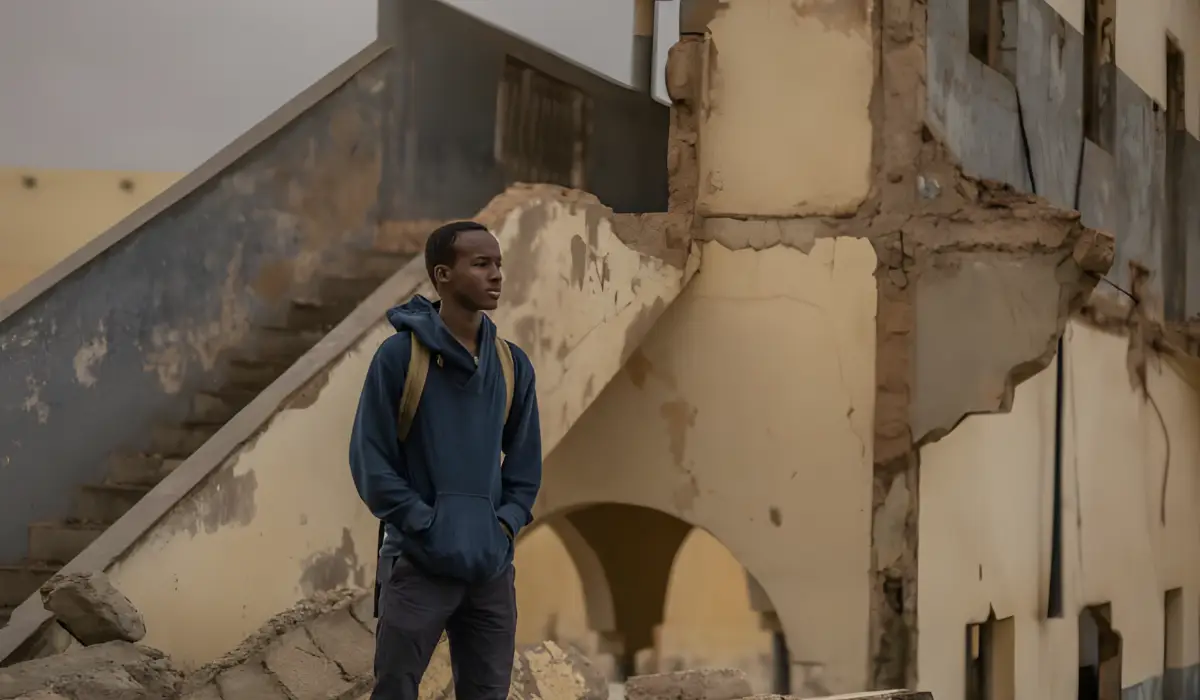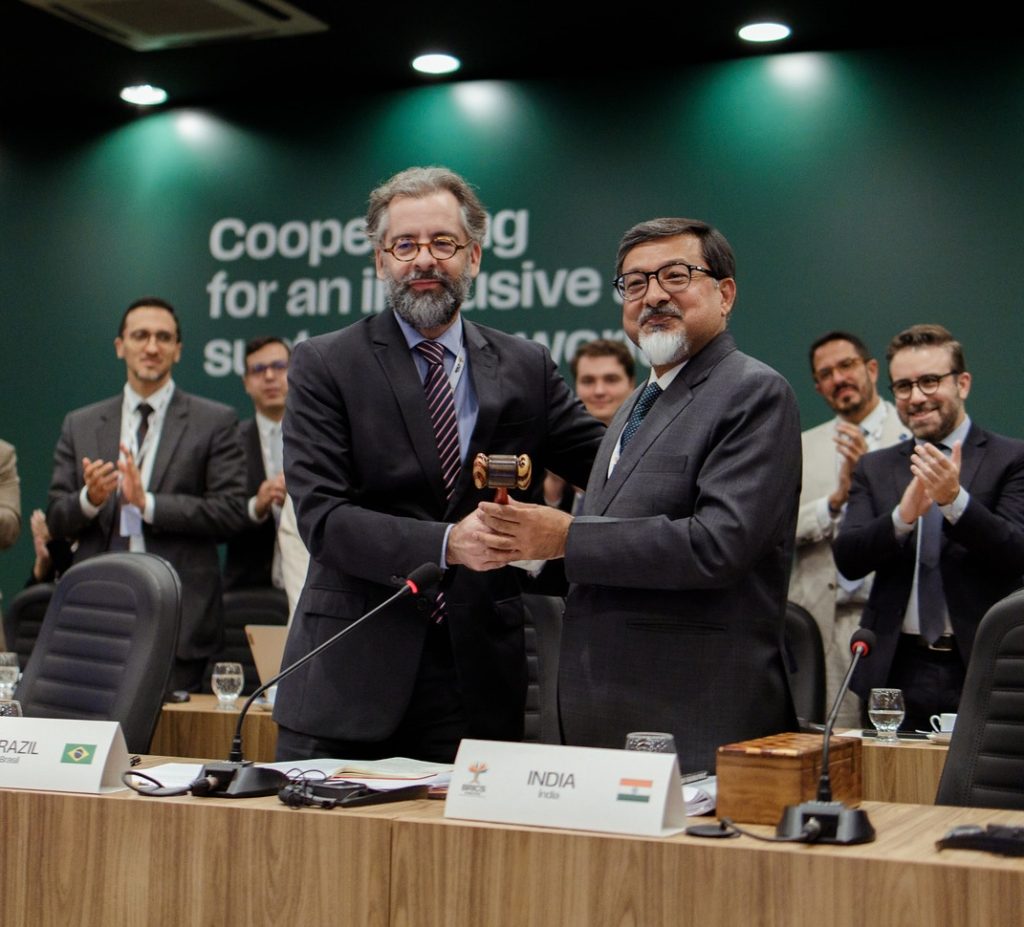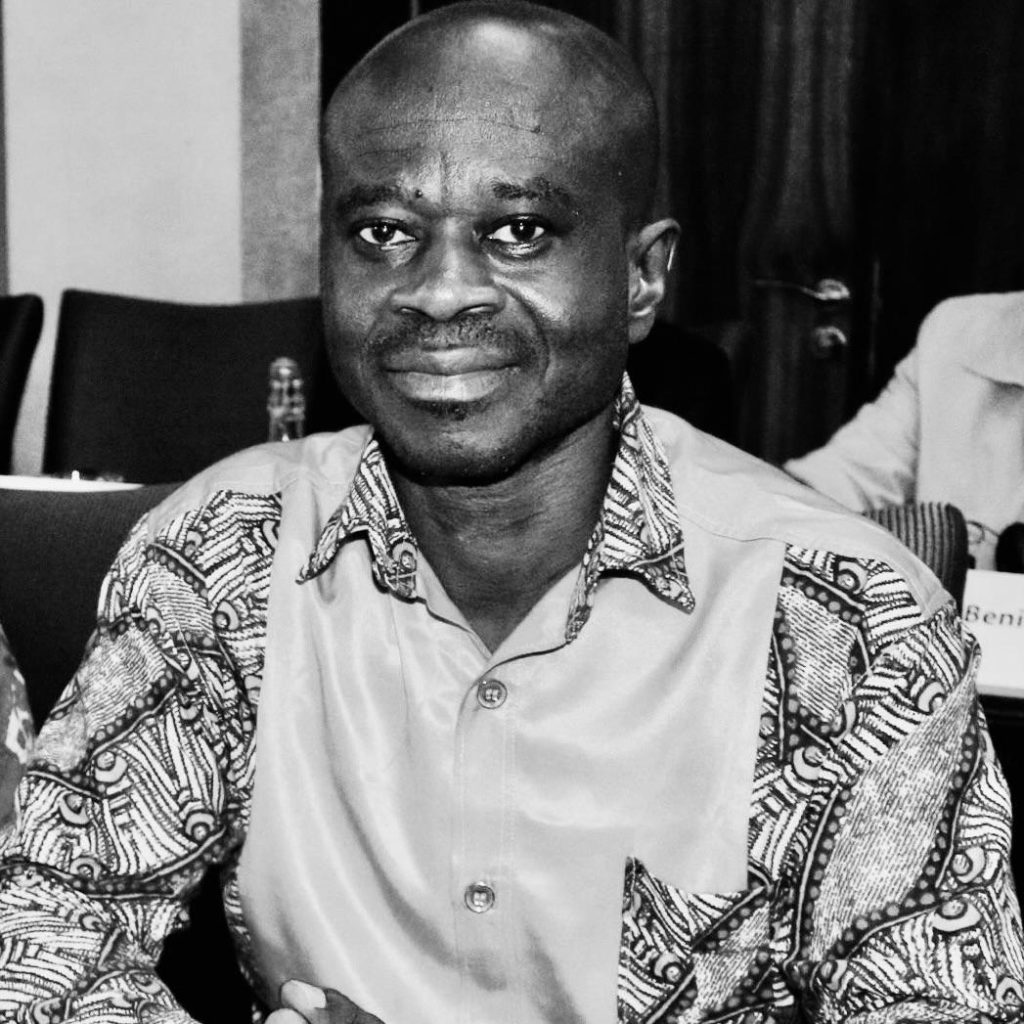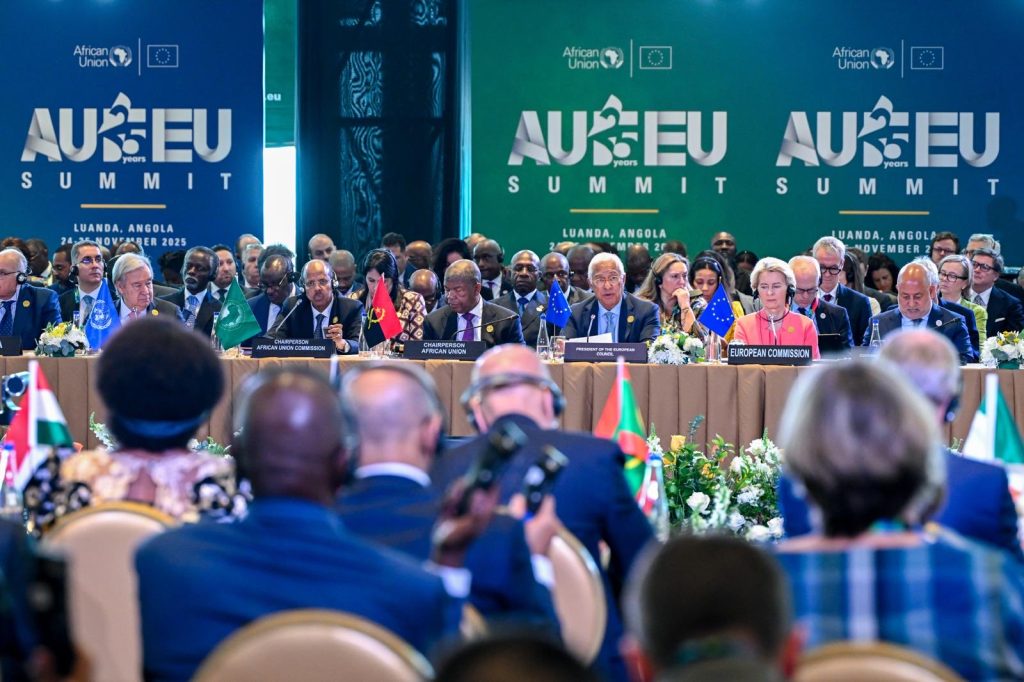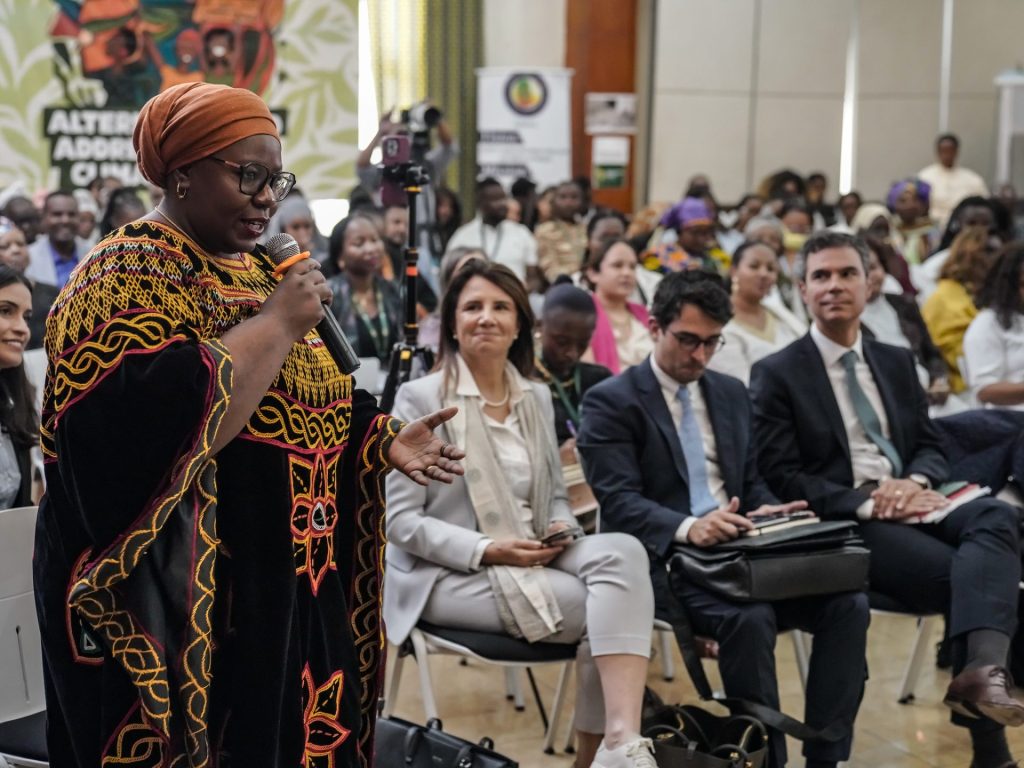What are the most significant climate challenges that West Africa is facing? How do these affect the youth in particular?
West Africa is vulnerable to multiple climate impacts including prolonged droughts, desertification, flooding, and coastal erosion. Climate change is already disrupting livelihoods, particularly in agriculture, livestock, and fishing — sectors vital for many young people. Coastal erosion has been particularly destructive.
Faced with food insecurity and unemployment, many young people are forced to migrate to cities or even emigrate to other countries, sometimes braving oceans and deserts to reach the West. This migration exacerbates pressures on already limited urban resources in African cities, and contributes to increased economic and social hardship.
Early research is suggesting that climate change is increasing marginalisation and deepening community grievances, pushing youth into radicalisation and recruitment into extremist groups. In your view, is this true for the West Africa region?
It is true that climate change can exacerbate inequalities and community frustrations, creating conditions that are conducive to radicalisation. The loss of agricultural land, reduced water resources, and extreme weather events can heighten tensions within communities by worsening economic disparities and limiting opportunities. These precarious conditions can make some young people more susceptible to extremist rhetoric that exploits feelings of injustice and a lack of future prospects.
It is important to emphasise, however, that climate change is often a risk multiplier rather than a direct cause of radicalisation. In other words, it amplifies existing factors that may lead to radicalisation but does not cause it in isolation. Factors that can lead to radicalisation include economic and social inequalities, political exclusion, violent conflicts, extremist group influence, and government instability. These conditions create a fertile ground for extremism, especially when climate change exacerbates these challenges. Specifically, terrorist groups often recruit in the most vulnerable, impoverished, and marginalised areas.
Do you think that terrorism and extremist groups are impacting how people respond to climate change as well in the region? Is it affecting government policies for example or is it redirecting state funds away from climate change?
Terrorism and extremist groups significantly impact how people respond to climate change in West Africa. The focus on combating terrorism often diverts financial and human resources away from climate adaptation efforts. Governments may prioritise security over climate resilience, reducing investments in critical climate initiatives. Extremist groups can often obstruct access to regions where climate adaptation projects are needed, further limiting the effectiveness of government policies.
In West Africa, the fight against terrorism has drained resources that could otherwise be used for climate resilience. Countries like Mali, Burkina Faso, and Niger have been particularly affected, with terrorist attacks weakening their stability. This instability has led to military coups and political upheaval, causing a rift within the Economic Community of West African States (ECOWAS) as these three countries have withdrawn from the organisation.
Why does ECOWAS matter to climate change? And in your opinion, are the region’s governments and organisations (such as ECOWAS) taking adaptation and resilience building seriously?
ECOWAS has made notable efforts to tackle climate challenges with various strategies for adaptation and disaster risk management. They have developed several strategies to address the impacts of climate change and improve disaster risk management across the region, including the Disaster Risk Reduction Strategy (DRRS), the Water Resource Management Action Plan (WRMAP), and the Regional Climate Change Strategy (RCCS). However, despite these efforts, insufficient funding, challenges in coordinating regional actors, and institutional constraints hinder their effective implementation, limiting their impact on the ground.
Promising projects like the Great Green Wall face hurdles because of insufficient financial and logistical support. Additionally, the political focus of member states frequently shifts towards security concerns and internal conflicts, which can delay or undermine climate adaptation.
At present, ECOWAS is struggling with instability caused by recurring military coups, which have weakened its authority and legitimacy. Recent withdrawals by countries such as Mali, Burkina Faso, and Niger have only worsened the situation. In this climate, ECOWAS tends to follow policies set by other organisations rather than crafting its own robust strategies. This, combined with ongoing governance issues and political turmoil, limits its ability to effectively coordinate and support regional climate initiatives.
How do you think we should address the challenge of extremism and terrorism in the region in the context of climate change? How do we break the cycle?
I firmly believe that a holistic approach is essential. It’s not enough to focus solely on security. We must also invest in the economic and social resilience of local communities.
We need to diversify income sources for young people, strengthen agricultural capacities through sustainable practices, and ensure better access to education. By creating economic opportunities, particularly in green sectors, we can offer young people positive alternatives and reduce their vulnerability to extremist narratives.
I believe that efforts to combat extremism must be integrated with sustainable development programmes. This means promoting local solutions tailored to the needs of affected communities and involving young people in political discussions. By empowering them as leaders of change, we can build long-lasting community resilience.
It is also crucial to promote regional and international cooperation to strengthen resilience against climate and security crises. By investing in sustainable rural development, improving public services, and reinforcing social safety nets, we can reduce community vulnerability and break the cycle of extremism.
Demographically, West Africa is one of the fastest growing regions in Africa. How are West African youth involved in policy making and civic engagement?
Young people in West Africa are increasingly organising around climate issues through various movements and initiatives. Notable among these is les Jeunes Voix du Sahel, a UNICEF initiative that amplifies youth voices in the region. The Adaptation to Climate Change for Women and Rural Youth program focuses on enhancing resilience in vulnerable coastal and island communities. Fridays for Future and Rise Up Movement face challenges in gaining traction, due to limited resources and local context-specific hurdles. Additionally, Act on Sahel – which I helped establish – aims to strengthen the resilience of Sahelian communities in the face of climate challenges.
West African youth are showing an increasing sensitivity to climate issues. Compared to past decades, their awareness is becoming more effective, although it has not yet reached a significant majority. However, their direct influence on decision-making processes remains limited due to political and institutional barriers.

